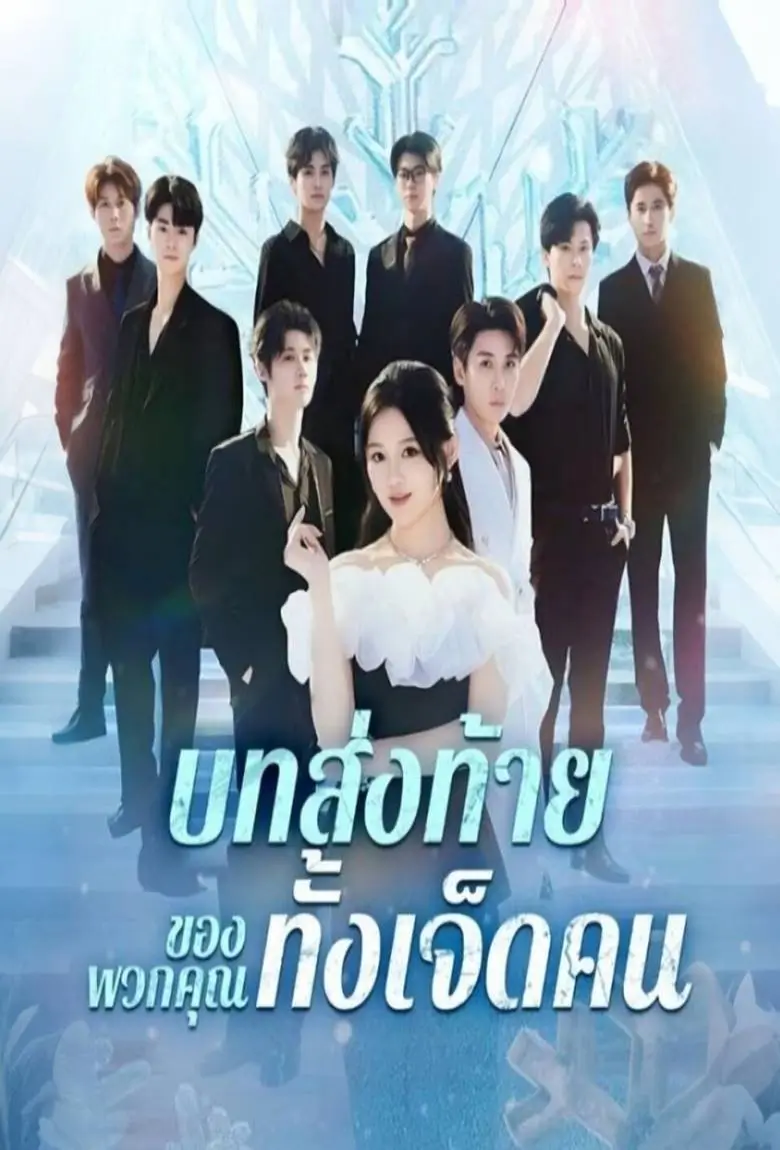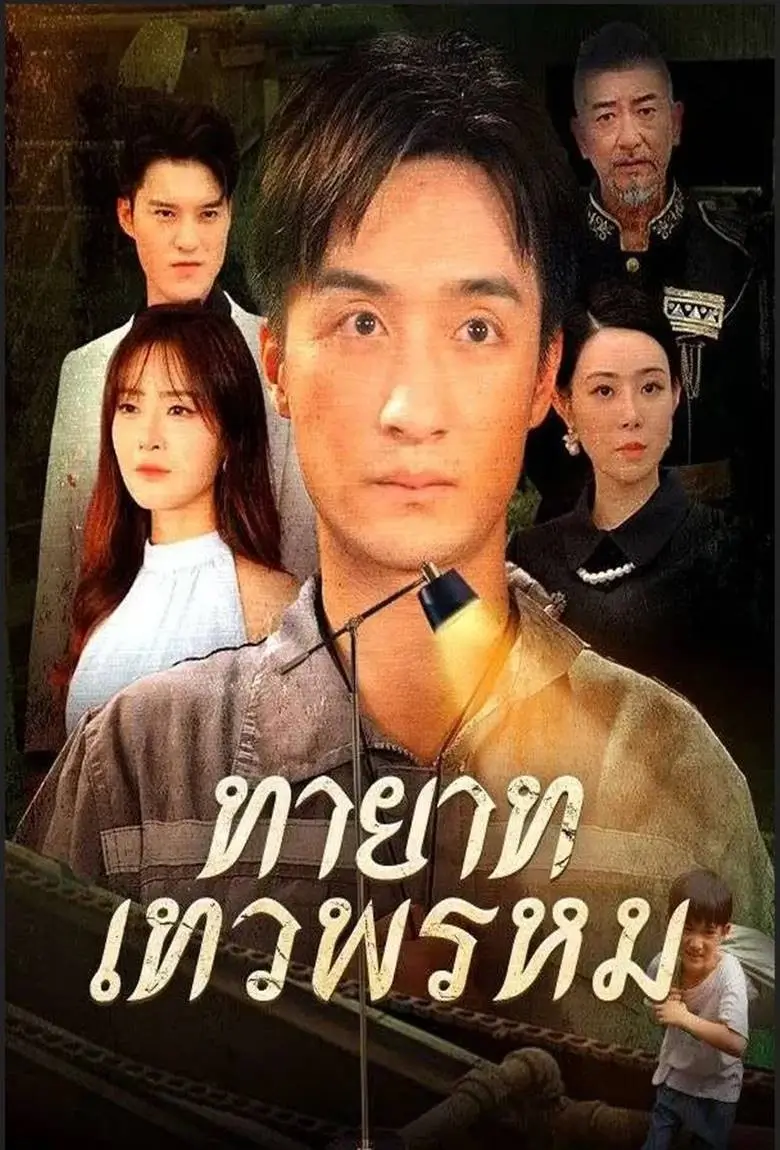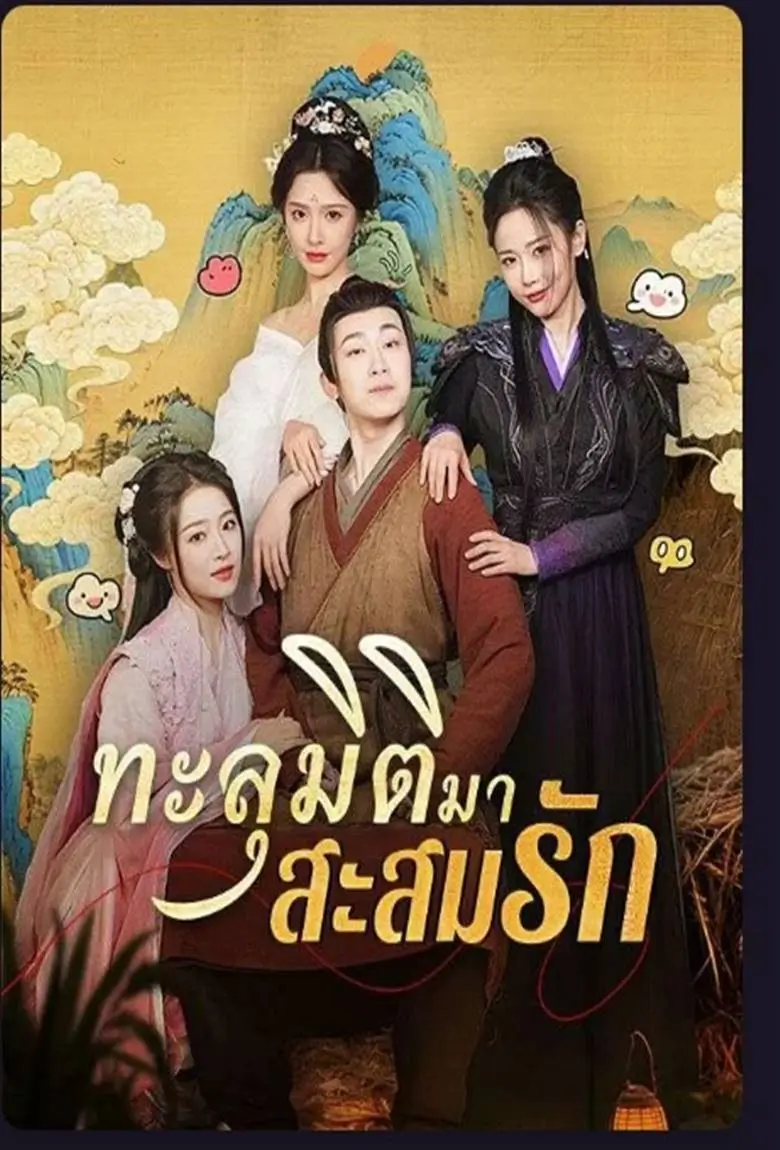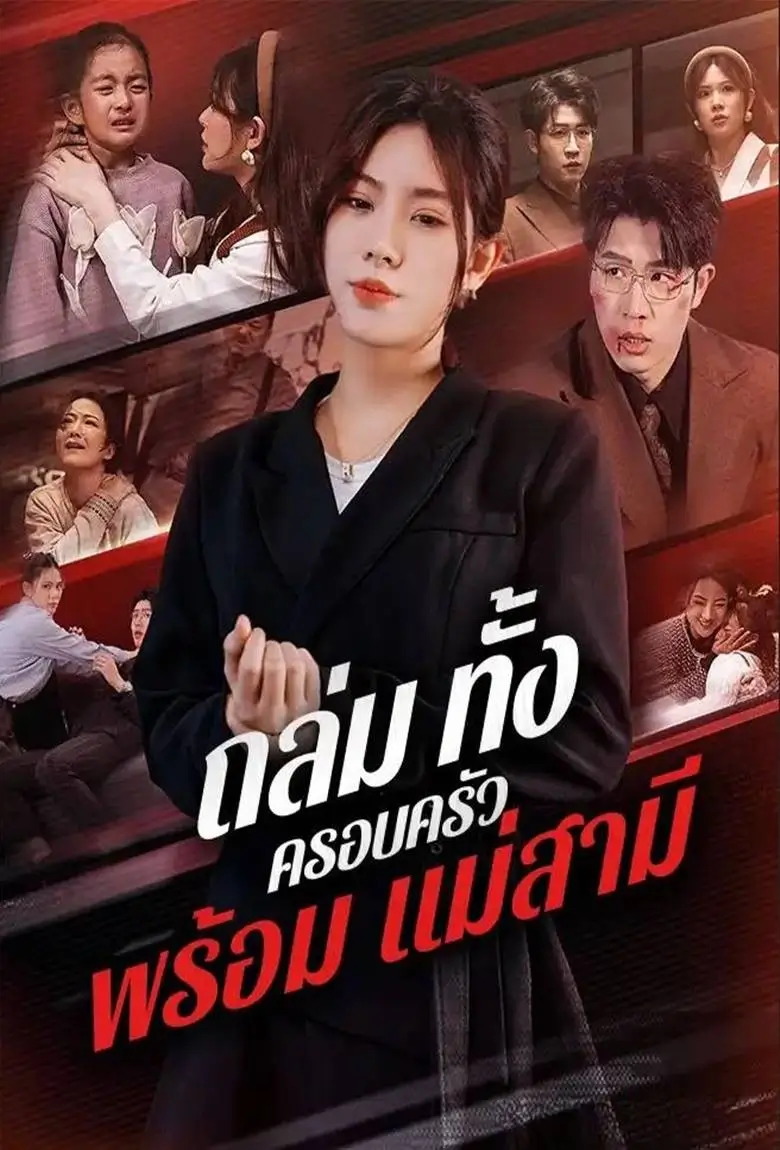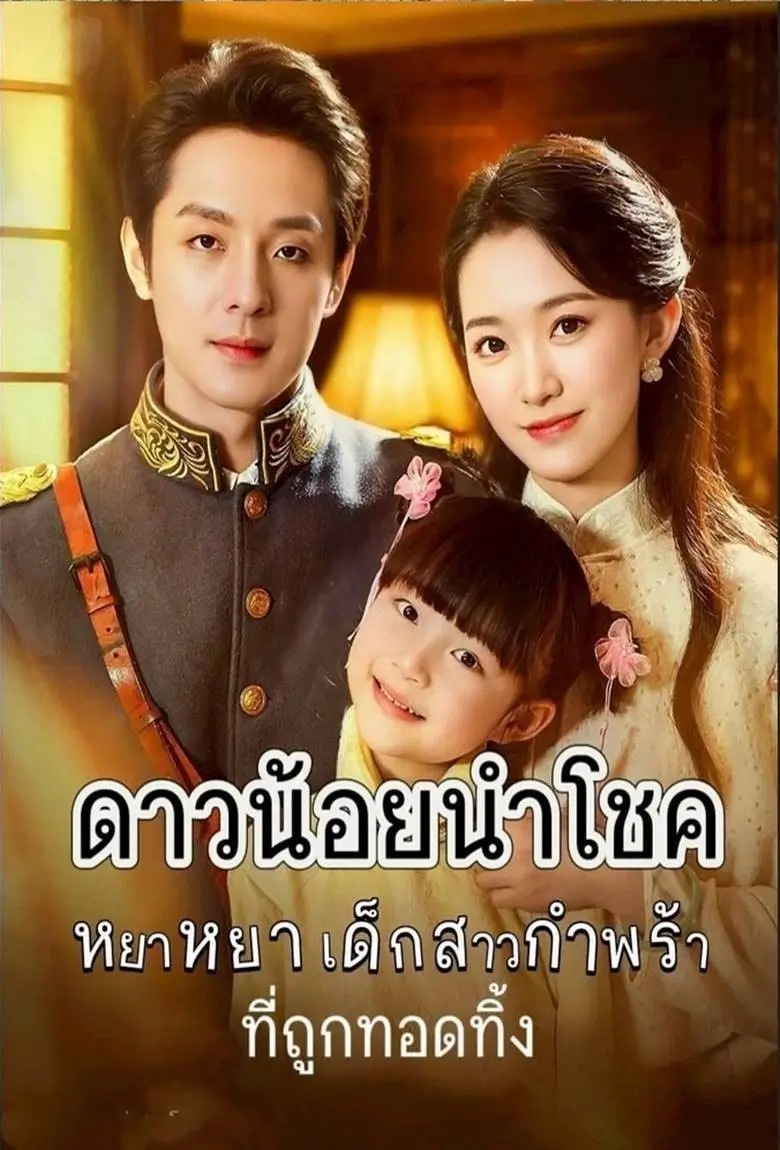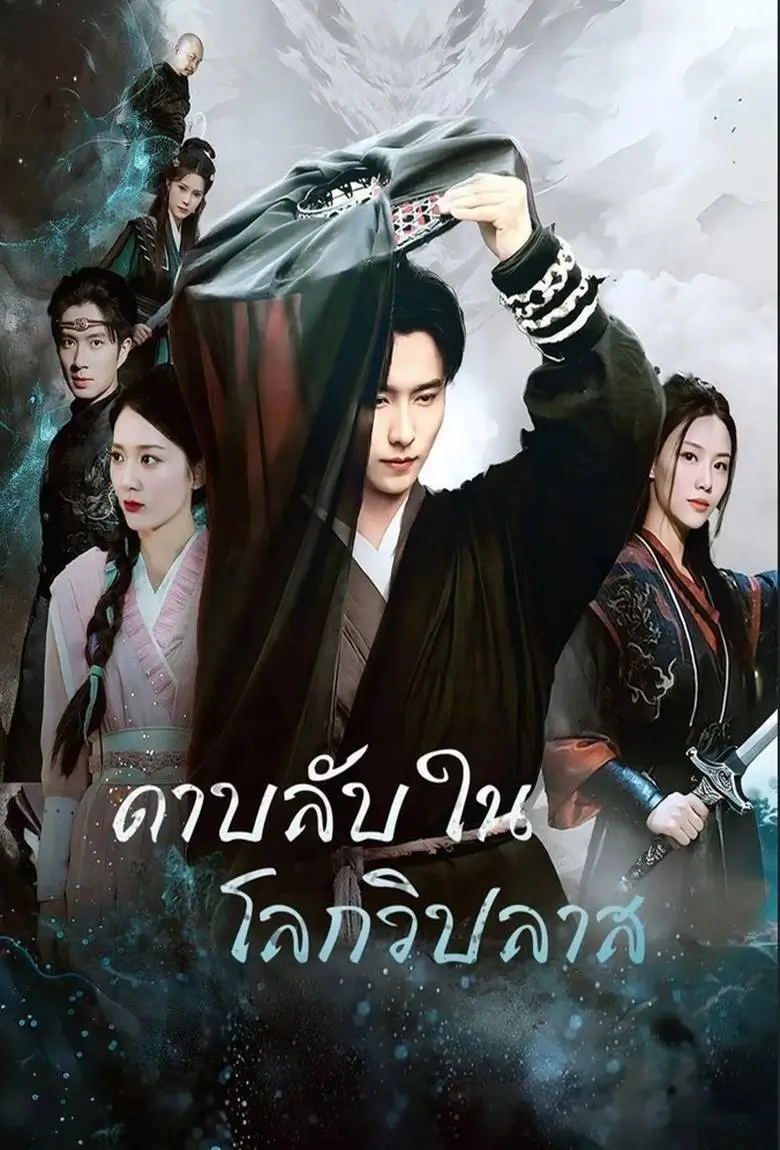First Love รักแรก (2021) [บรรยายไทยแปล]
![First Love รักแรก (2021) [บรรยายไทยแปล]](https://nungdeedee.com/uploads/images/9m3tbib79wws4gg4gk.jpg)

หมวดหมู่ : หนัง Netflix , หนังลึกลับซ่อนเงื่อน , หนังดราม่า
เรื่องย่อ : First Love รักแรก (2021) [บรรยายไทยแปล]
ชื่อภาพยนตร์ : First Love รักแรก
แนว/ประเภท : Mystery
ผู้กำกับภาพยนตร์ : Yukihiko Tsutsumi
บทภาพยนตร์ : Taeko Asano, Rio Shimamoto
นักแสดง : Hôshi Ishida, Itsuji Itao, Yoshino Kimura
วันที่ออกฉาย : 11 February 2021
มาคาเบะ ยูกิ(คิตากาวะ เคโกะ) เป็นนักจิตวิทยา เธอตั้งใจจะเขียนหนังสือเล่มต่อไปเกี่ยวกับ ฮิจิริยามะ คันนะ (โยชิเนะ เคียวโกะ) เด็กสาวผู้ฆ่าพ่อของตนเอง ทำให้ยูกิต้องเข้าไปคุยกับคันนะในห้องคุมขัง ซึ่งเธอได้รับความช่วยเหลือจาก อันโนะ คะโช (นากามุระ โทโมยะ) ทนายของคันนะ ทว่ายิ่งยูกิพูดคุยกับคันนะมากเท่าไหร่ เธอกลับพบว่าคันนะมีบางอย่างคล้ายตัวเธอในอดีต
เรื่องนี้ชื่อเรื่องเหมือนจะเป็นภาพยนตร์แนวโรแมนติกผสมอาชญากรรม แต่จริงๆแล้วเนื้อหาส่วนใหญ่เกี่ยวกับจิตวิทยา ทั้งเรื่องบาดแผลในจิตใจ การเลี้ยงดูของพ่อแม่ และ ความรุนแรงทางเพศ ซึ่งอาจจะมีความกดดันและบีบคั้นในการรับชม
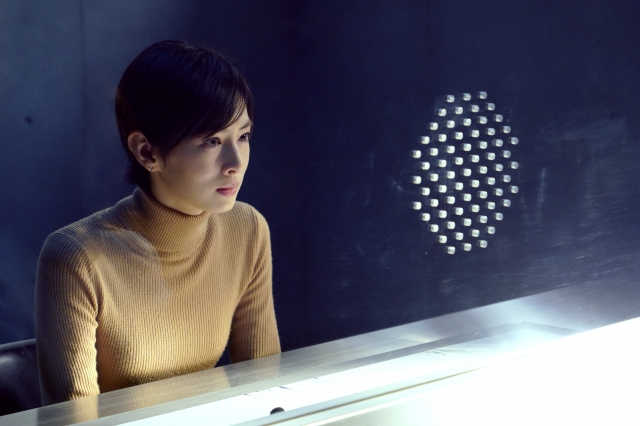
IMDB : tt11252688
คะแนน : 6
รับชม : 1039 ครั้ง
เล่น : 189 ครั้ง
Sexual abuse has long been wrapped in silence in Japanese society, with victims reluctant to speak out or press charges for fear of being shamed or disbelieved. That fear still exists, but more films here are taking on abuse as a theme, such as Kana Yamada’s 2019 “Life: Untitled,” which examines its impact on sex workers.
Another is veteran director Yukihiko Tsutsumi’s “First Love,” an overwrought, well-meaning mystery and courtroom drama based on a Naoki Prize-winning novel by Rio Shimamoto. The story centers on two starkly different women who connect through their individual histories of trauma.
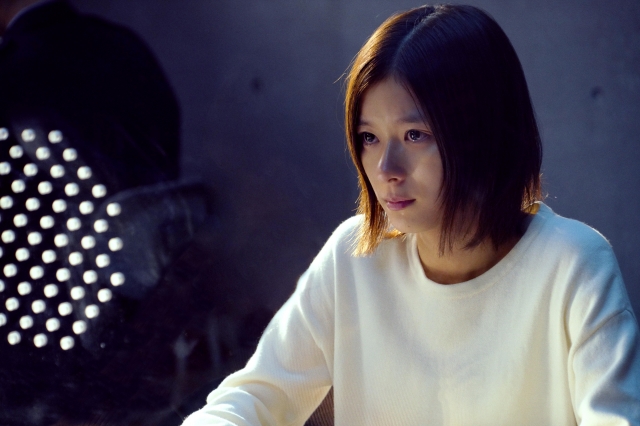
In contrast to “Life: Untitled,” an indie drama by an up-and-coming director, “First Love” is a commercial film headlined by Keiko Kitagawa, one of Japan’s biggest stars at the moment. It’s aimed at the mass audience, which has a preference for broad performances and storylines hewing to familiar formulas. That is, they tend to like what they are used to seeing on TV.
Given its subject matter, I had hoped “First Love” would rise above such expectations, but it doesn’t quite. Also, its scenarios of abuse are atypical and nonviolent, which doesn’t mean the trauma they cause is false, but I couldn’t help feeling that punches were being pulled to make the film more acceptable to the mainstream.
Am I being too cynical? Perhaps, but in a similar vein, many local action films keep on-screen body counts at zero, making them more programmable for network primetime.
Kitagawa plays Yuki Makabe, an earnest psychologist who becomes intrigued with the case of Kanna Hijiriyama (Kyoko Yoshine), a college student who has been arrested for the fatal stabbing of her art professor father (Itsuji Itao). As it happens, Kanna’s lawyer, Kasho Anno (Tomoya Nakamura), is the brother of Yuki’s nice-guy husband, photographer Gamon Makabe (Yosuke Kubozuka). Kasho, we find out, was also once Yuki’s lover.
Despite the awkwardness she feels in dealing with Kasho, Yuki wrangles an interview with Kanna, who comes across as unbalanced and unreliable.
She gains Yuki’s sympathy, however, when Kanna reveals that when she was a girl barely out of elementary school, she became intimate with a male convenience store clerk. “He forced me to be his girlfriend,” she says. Also, her slimeball father made her pose with nude male models (positioned in a way that the girl couldn’t see their genitals) for his male art students. How creepy and bizarre. But is it a motive for murder?
Yuki recalls her own childhood shock on learning that her father hired prostitutes on his overseas business trips. Abandoning her perch of authority, she shares this incident with Kanna — and the two women bond, as emotional dams burst.
Yuki hopes that Kanna can win an acquittal by revealing her history of abuse, but given her confession to the cops and the Japanese justice system’s 99% conviction rate, this possibility seems remote indeed.
After all the crying, shouting and other perfervid emoting, Kanna’s trial seems oddly affectless, unfolding with all the drama of a company auditor summarizing quarterly results to assembled shareholders. (Given the scripted nature of so many Japanese criminal trials, it is also the most realistic part of the film.)
Even so, “First Love” deserves credit for bringing the problem of sexual abuse into the multiplexes, however far-fetched and overplayed its story may be. But if raw and real is what you want, see “Life: Untitled.”


